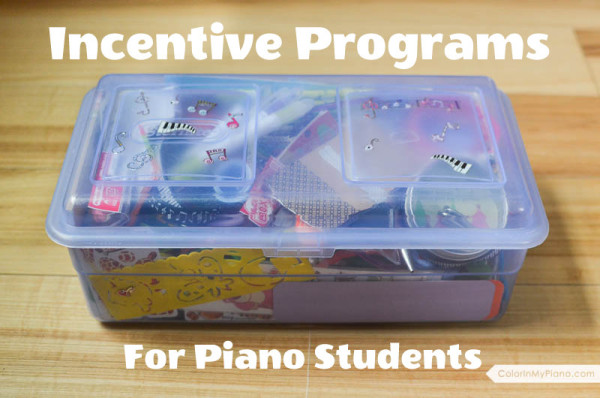
In the past, I’ve shared about my easy, ongoing incentive program for my piano students. You can read a more complete blog post from 2009 about it here.
Basically, the summary is that for every 30 pages of music students learn (or theory pages completed), a prize is earned from the prize box. My goal was to have a simple program that was easy to track and that rewarded the kinds of things my students should be doing anyway. A simple incentive program can make things fun and help reinforce the kinds of things you wish students to be focused on. My students know that a given piece needs to reach a certain level of mastery before they can “pass” it and go on to the next.
I have maintained this simple incentive program consistently for years (although, I’ll admit I’ve taken a little time off from it recently due to pandemic online teaching and relocating to Michigan). However, I recently came up with a slight improvement to this method that I think will make it EVEN EASIER to maintain.
Continue reading “An Update to my Incentive Program and Prize Box for Piano Students”

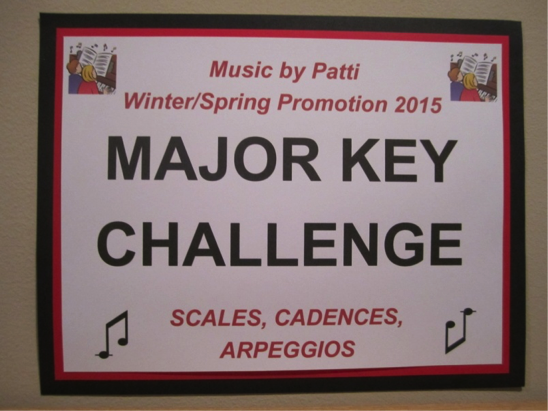
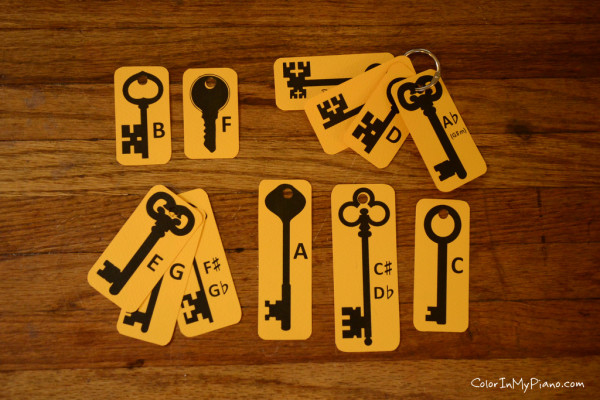 Piano teacher Patti Bennett from Georgia came up with an awesome way to use the music keys printable I created back in 2013 (
Piano teacher Patti Bennett from Georgia came up with an awesome way to use the music keys printable I created back in 2013 (
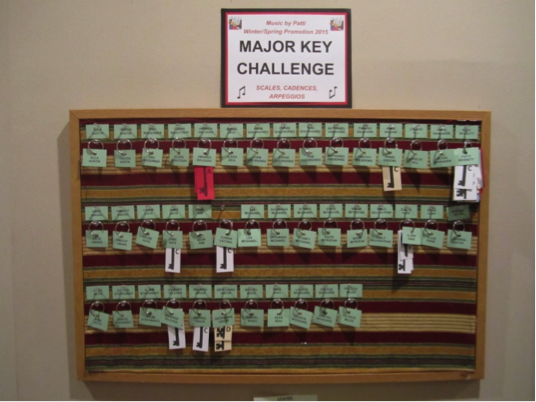
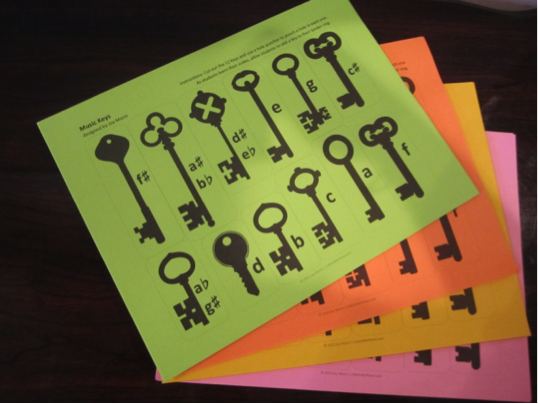
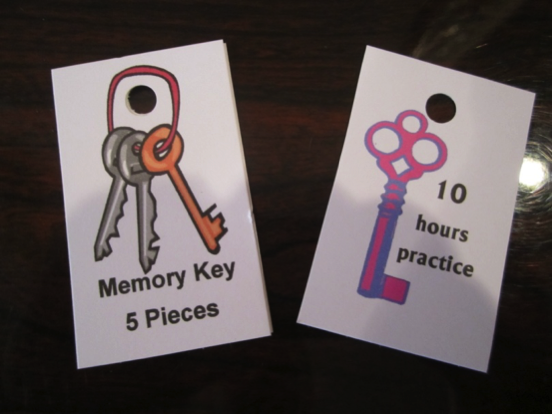
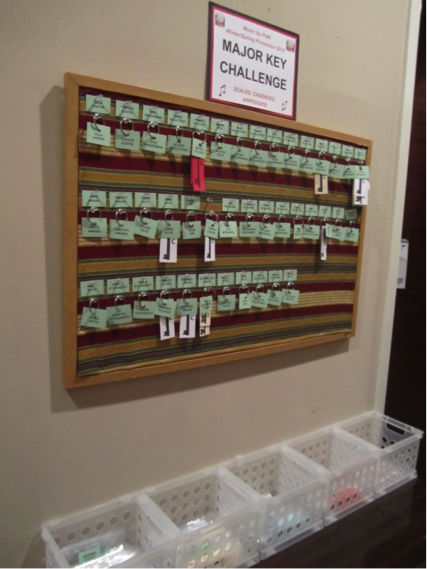
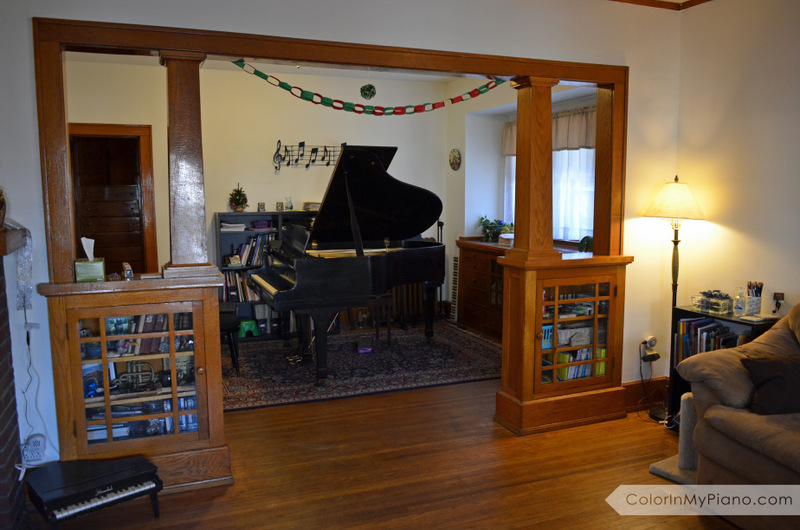
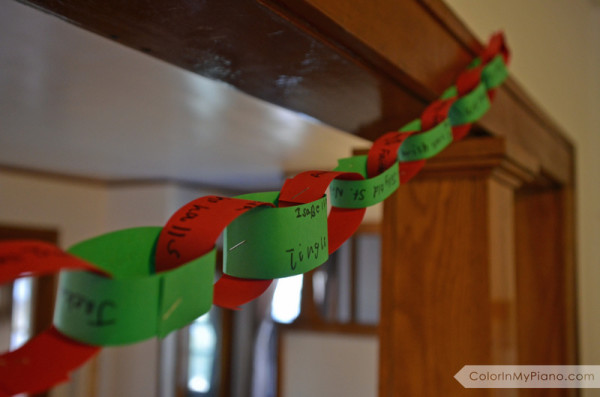
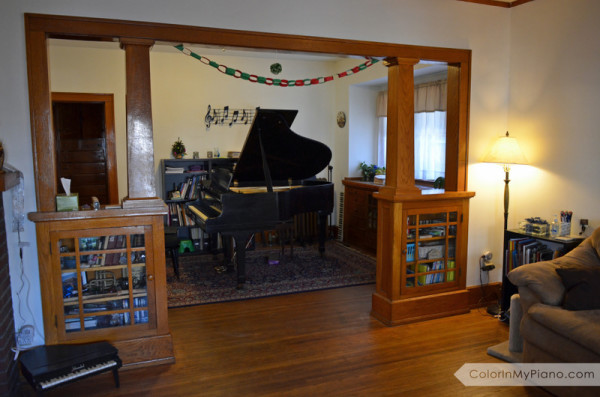
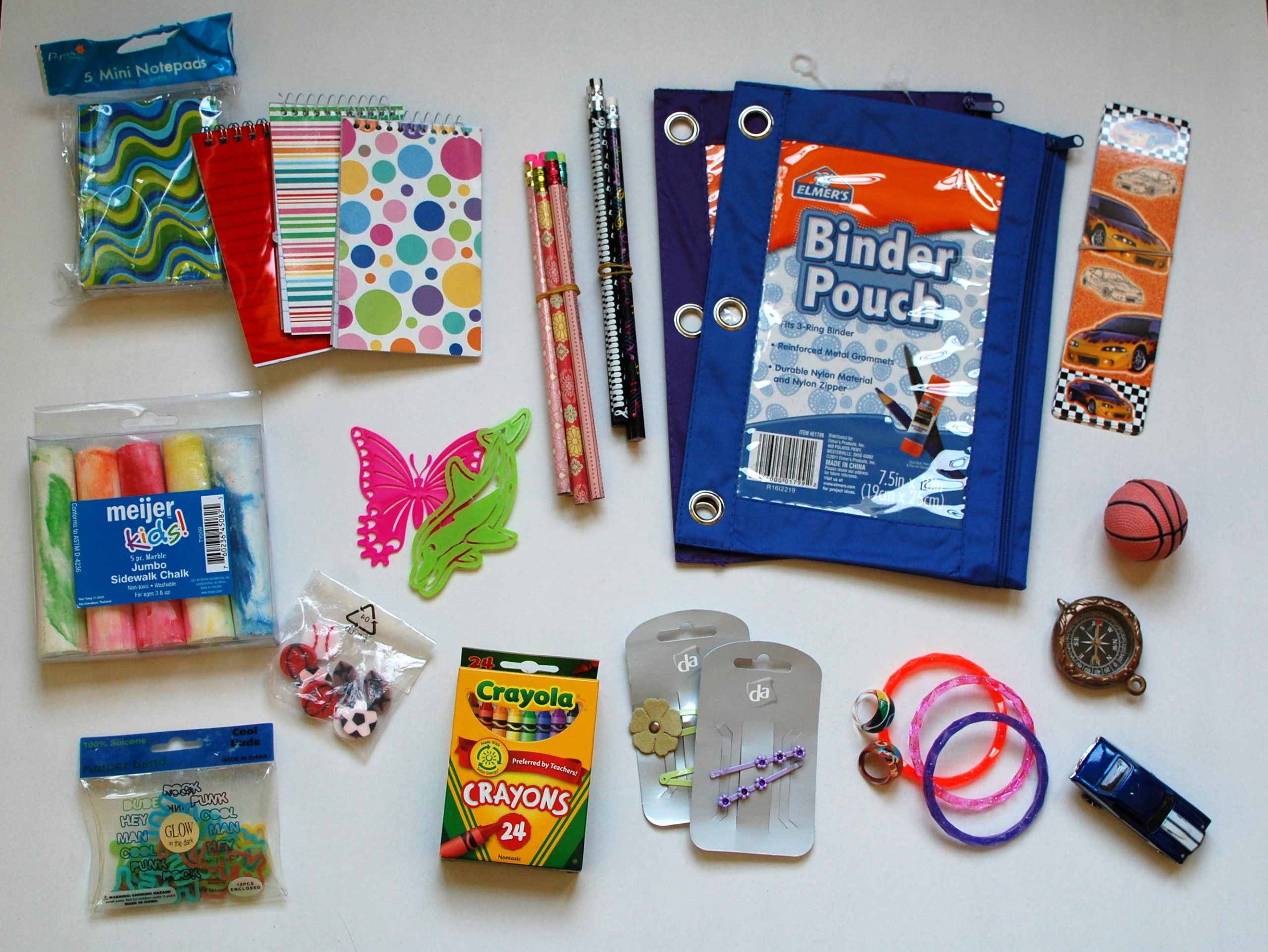
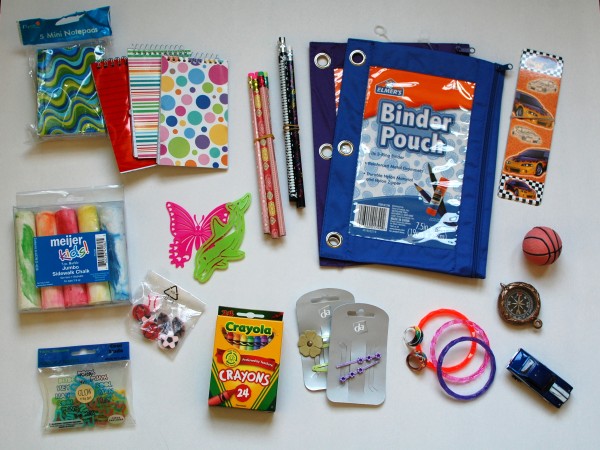
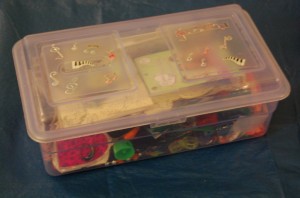 Our last Forum Q&A topic was about keeping teenager students engaged in their piano study! Check out all the great responses to this topic by
Our last Forum Q&A topic was about keeping teenager students engaged in their piano study! Check out all the great responses to this topic by 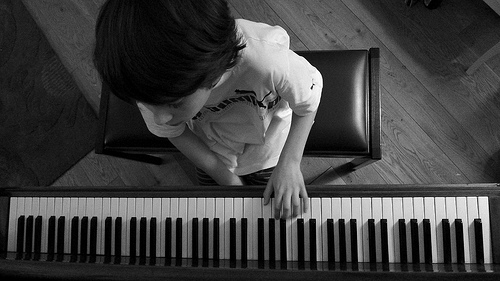

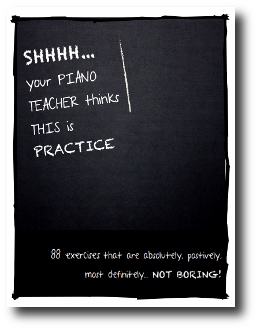
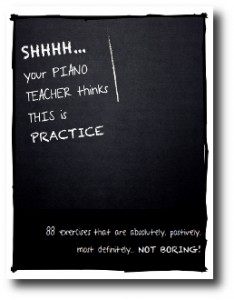

 Here is a phrase I find myself use more and more lately with my students:
Here is a phrase I find myself use more and more lately with my students:

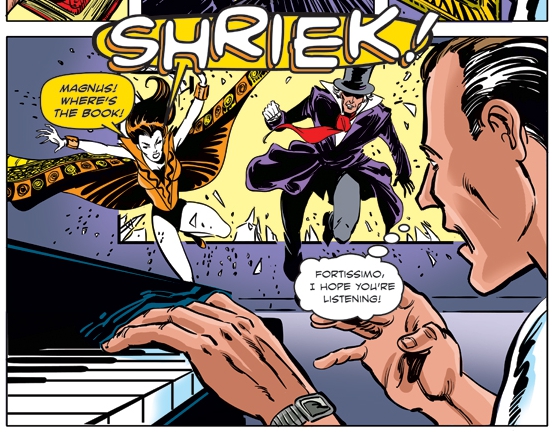


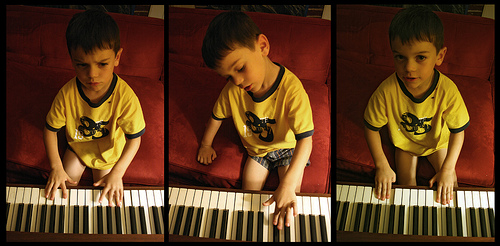

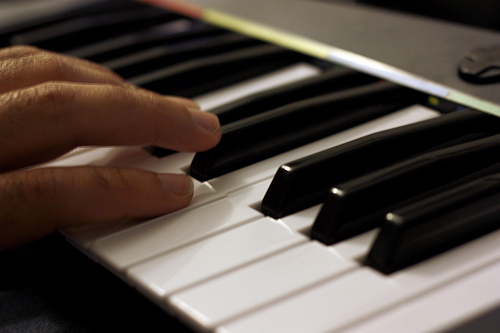
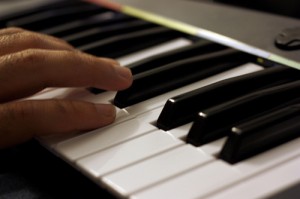 This week I gave a few first lessons to some new students. One of the things I always ask during
This week I gave a few first lessons to some new students. One of the things I always ask during